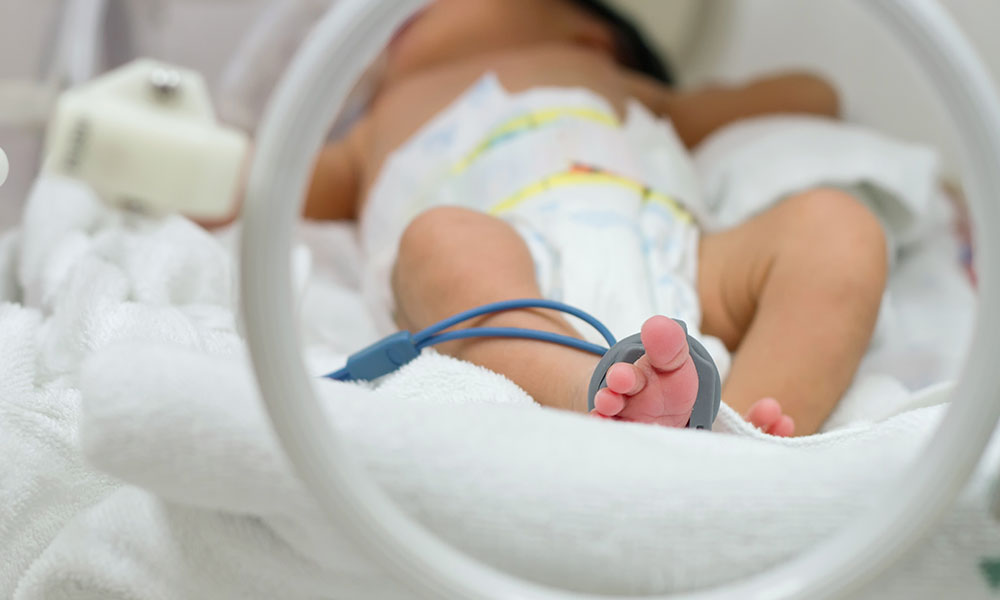The ABC’s of ROP (Retinopathy of Prematurity)
Retinopathy of prematurity (ROP) is a potentially blinding disease in premature babies. It is caused by abnormal development of retinal blood vessels in premature infants. Often new parents are told that their baby is blind due to being born early or “born that way”, but it is not always as simple as that.
If you need to know more about blindness in babies, contact our offices for a free consultation or see our resources at the end of the article.
What Is Retinopathy Of Prematurity?
When a baby is born prematurely the retinal blood vessels in the eye still have to develop. The retina is the inner layer of the eye that receives light and turns it into visual messages that are sent to the brain. ROP can cause the retina to pull away or detach from the wall of the eye and causing blindness.
Birth weight and gestational age (length of pregnancy) are the most important risk factors for development of severe ROP. Protocols exist that require infants less than 1500 grams and with a gestational age less than 31 weeks undergo eye examinations to monitor for ROP. Other infants who are deemed high risk, such as those who have received supplemental oxygen should also be monitored and screened.
How is ROP diagnosed?
Ophthalmologists (specialist eye doctors) who are skilled in the evaluation of infant eyes make the diagnosis of ROP. They examine and screen the eyes after the pupils are dilated with drops or under anaesthetic. Different stages of ROP (from I to V) can be diagnosed, with Stage V being the most severe.
Screening should be done for:
- All neonates born prior to 32 weeks’ gestation;
- All preterm neonates weighing <1 500 g.
- Preterm infants weighing 1 500 – 2 000 g may also be at risk of ROP if they have risk factors such as: receiving supplemental oxygen, cardiac arrest, multiple blood transfusions or severe HIE.
Can it be prevented?
With the proper medical care, ROP is preventable and avoidable. It is often caused by poor medical malpractice during neonatal care, specifically by oxygen treatment, failure to do eye screening and failure to provide treat the condition if it starts to develop.
Because the lungs of premature babies are not adequately developed they usually receive supplemental oxygen therapy to help them until they can breathe well on their own. This requires intensive medical care and attention, with dedicated administration and monitoring of oxygen to ensure the baby’s health. Unfortunately, this can go wrong, which is why our services exist.
Effective ophthalmological screening and timely treatment are the most important factors in preventing ROP-associated vision loss. The threshold is usually reached by 37 weeks – it is therefore important for a baby to be assessed and treated before 37 weeks post-conceptional age.
Was your baby’s blindness a result of medical negligence?
ROP is a known risk and health workers are aware of the precautions they need to take to prevent it. If your child has lost his or her sight due to ROP, you may have a viable medical negligence claim.
When you approach us with a suspected case of medical negligence, we will analyse your baby’s medical records and consult with leading medical professionals to investigate the case thoroughly. They will examine if everything that was done, or not done, was in line with the standard of care to be expected. If it is established that the treatment did not meet the required standards of care, a claim of negligence can be pursued.
If your child is blind and born prematurely you can contact us for a no cost consultation so that we can answer any questions you may have.
Contact Paul du Plessis Attorneys today by telephone 012 809 1588 or e-mail paul@pauldup.co.za to discuss your situation.
For more information visit these resources:

